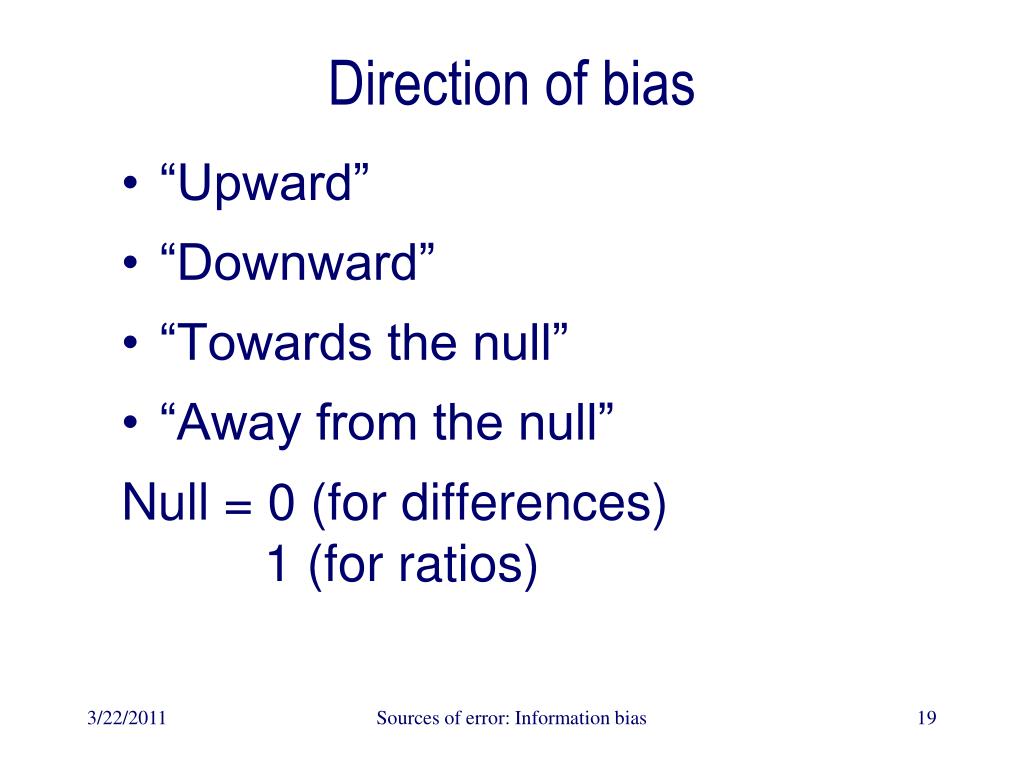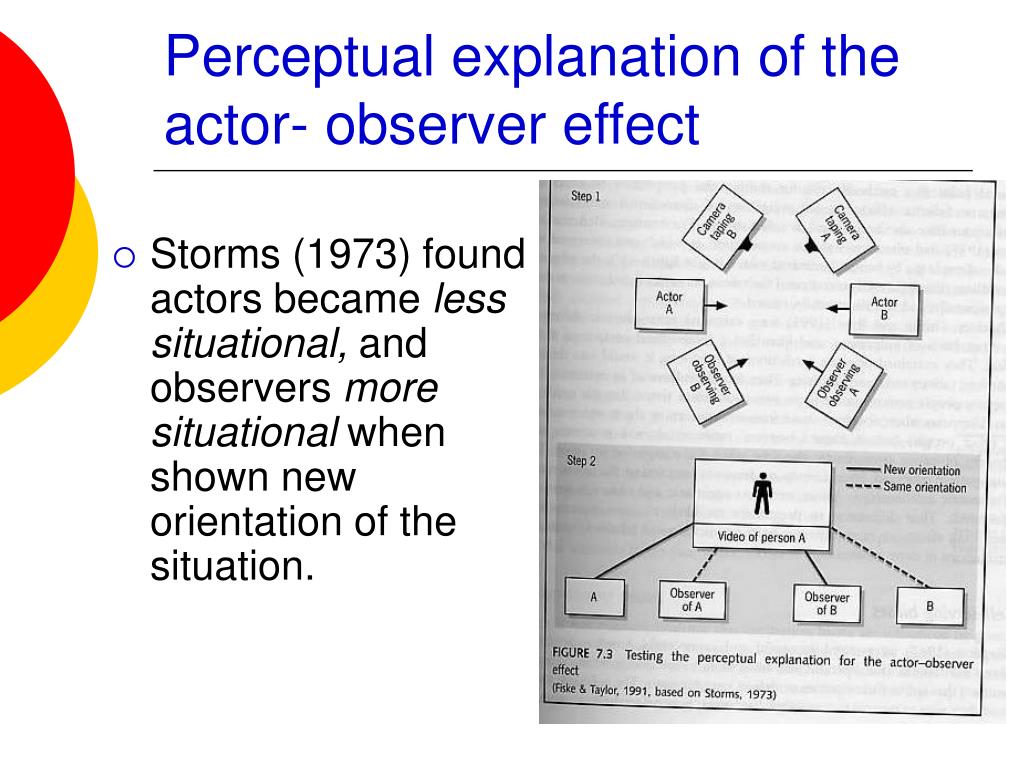
E., Caputo, C., Legant, P., & Marecek, J. Data are from Nisbett, Caputo, Legant, and Marecek (1973). Participants were significantly more likely to check off “depends on the situation”įor themselves than for others. You can see the actor-observer difference. This table shows the average number of times (out of 20) that participants checked off a trait term (such as “energetic” or “talkative”) rather than “depends on the situation” when asked toĭescribe the personalities of themselves and various other people. Behavior as seen by the actor and as seen by the observer.

Likely to check off “depends on the situation” for themselves than for others. The situation” when asked to describe the personalities of themselves and various other people. This table shows the average number of times (out of 20) that participants checked off a trait term (such as “energetic” or “talkative”) rather than “depends on Then answer the questions again, but this time about yourself. Then, for each row, circle which of the three choices best describes his or her personality (for instance, is the person’s personality more energetic, relaxed, or does itĭepend on the situation?). First, think about a person you know, but not particularly well -a distant relation, aĬolleague at work. You might be able to get a feel for the actor-observer difference by taking the following short quiz. We think of ourselves, we are more likely to take the situation into account-we tend to say, “Well, I’m shy in my team at work, but with my close friends I’m not at all shy.” When a friendīehaves in a helpful way, we naturally believe that he or she is a friendly person when we behave in the same way, on the other hand, we realize that there may be a lot of other reasons why we When we are asked about the behavior of other people, we tend to quickly make trait attributions (“Oh, Sarah, she’s really shy”). This is known as the actor-observer bias or difference (Nisbett, Caputo, Legant, & Marecek,ġ973 Pronin, Lin, & Ross, 2002). Power of the person is that we tend to make more personal attributions for the behavior of others than we do for ourselves and to make more situational attributions for our own behavior


Another, similar way that we overemphasize the The fundamental attribution error involves a bias in how easily and frequently we make personal versus situational attributions about others. Available under Creative Commons-NonCommercial-ShareAlike 4.0 International License.


 0 kommentar(er)
0 kommentar(er)
